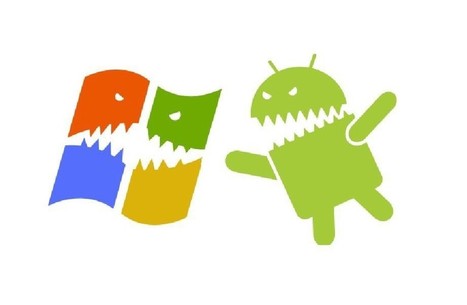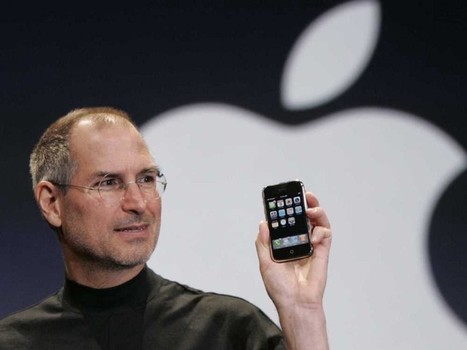How could Microsoft’s Windows Phone licensing business model stand a chance against Google’s Free and Open Android? None of the Redmond giant’s complicated countermeasures worked, its smartphone platform is dead. And yet, inexplicably, Microsoft failed to use a very simple move, one we’ll explore today.
Just back from three weeks in the Country of Good Sin’s heartland, I see Microsoft’s fresh and well-received Fourth Quarter Fiscal Year 2017 Results. The numbers acknowledge what was already notorious: Windows Phone is dead.
“Phone revenue was immaterial and declined $361M.”
This doesn’t come as a surprise. Despite Microsoft’s strenuous efforts to breathe life into its smartphone platform and devices, Windows Phone had been on an inexorable downward slope for several years, confirming a Horace Dediu theorem[as always, edits and emphasis mine]:
“As far as I’ve been able to observe, any company in the mobile phone market that ended up losing money has never recovered its standing in terms of share or profit.”
Let’s recall that, in September 2010, Redmond employees held what CNET called a “tacky ‘funeral’” for iPhone and Blackberry. One wonders how they’ll memorialize Windows Phone.
The gross failure of what once was the most powerful and richest tech company on the planet led to a search for a platform killer. Detectives didn’t think they had to go far to nab a suspect: Android. Microsoft’s Windows Phone was murdered by Google’s smartphone OS. How could Redmond’s money-making software licensing business model survive against a free and open source platform? Case closed.
No so fast.
Microsoft’s smartphone troubles started well before the birth of Android. In a reversal of the famous dictum Victory Has Many Fathers But Defeat Is An Orphan, Windows Phone’s collapse seems to have had many progenitors deeply embedded in the company’s decades-old culture.
But before we look at facts, let’s engage in a bit of fiction, let’s imagine Microsoft decides to fight Android on Google’s turf. In this alternate reality, Microsoft easily kills Android with one simple headline:
Windows Phone Now Free
The rest of the pitch writes itself.



 Your new post is loading...
Your new post is loading...












"it's the culture, stupid" - Even if it is easier to explain the past than act in the present to shape or avoid a future, this excellent piece by JLG reminds us all of how blinding corporate culture can be. Remembering that, in 2007, Nokia was the star according to the famous MBA mantra known as the "BCG Matrix" (#1 with twice #2's market share in a 2-digit growing market), that everybody knew that handset design should be segmented, and that mobile handset manufacturing had required decades of mastership and could not be improvised by a consumer electronics newcomer...